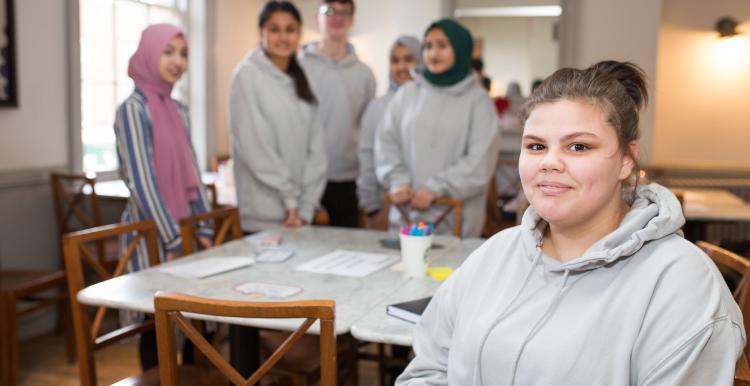What is Youthwatch Manchester working on?

Priorities of work for 2020 are:
- Waiting times (What they should be vs what people actually find)
- What to expect from transitioning between young people’s services and adult services
- What to expect when you go to uni
- Mental Health
- Dementia support
- Being welcomed at services
- How do you understand ‘Wellbeing’?
- Personal hygiene tips
These will be approached as webpages, information sheets, or videos, and might involve surveys or interviews.
We’re also working on a series of profiles for some of the services available to children and young people in Manchester, and of some of the careers involved in those services.
Youthwatch Manchester members are taking part in Bee Counted in support of the GMHSC Youth Agreement.
Youthwatch Manchester has been visiting local primary care services to perform Accessible Information Standard audits, and will continue this work.
Youthwatch Manchester members have joined CAMHS.digital’s Citizen Researchers group.
Youthwatch Manchester members helped with the development of the Manchester Young Carers’ Rights booklet.
This list of priorities came from the longer list below, some of these topics might still be taken up for projects.
What subjects are important to Youthwatch Manchester?
- Autism
- Dental Care access
- Young People’s Voices
- Being welcome in services
- What to expect when transitioning to adult services
- Sexual health information
- Speaking to professionals
- Young people’s access to services
- Presence/absence of family members in consultations
- Advocacy
- Gatekeeping
- Waiting times
- Choose and book
- Communication between services
- Dementia Support
- Mental health
- Info & Services
- Overcoming stigma
- Depression / Anxiety / Anger management
- Accessible / relateable info
- Service landscape
- Jargon / Terminology and other verbal cues.
- Young Carers / Young Adult Carers / Parent Carers Visibility
- Visit places of care – speak to patients/service users.


